Description
Historically, there has been an expectation that autistic children and adults should conform their behaviour to social norms, with strategies and interventions centred around navigating spaces and situations with minimal damage. This person-centred environmental assessment and modification programme moves away from this, with the aim to provide information and tools for assessing and reflecting on features of the autistic person’s environment to best support their comfort, autonomy and agency.
Making Space for Autism has been written as a collaboration between autistic and non-autistic professionals, the authors break down each environmental element (physical, sensory, emotional, communicative and social) by chapter and include tools, resources, and a checklist as reference points to equip the reader with a framework from which to begin. This accessible, strengths-focused approach to supporting autistic people across different areas of their life reflects a paradigm shift from one where autism is treated as a deficit or impairment to one of strength, acceptance and autonomy.
For customers who wish to access the online resources, these can be found at: https://pavpub.com/making-space-for-autism-resources
Audience
Parents and carers of children and young people living with autism; teachers; teaching assistants; educational psychologists; school senior management teams and other educational professionals; support groups; speech and language / occupational therapists; social workers; social care workers.
Authors
Sharon McCarthy is an author, course coordinator and lecturer. She delivers autism-specific training in different disability and education settings across Ireland, and in her role as a professional advocate, she ensures the autistic person’s ‘voice’ is always kept central. Sharon is parent to multiply-identified autistic children and acquired her own autism diagnosis in 2020, with an ADHD diagnosis following in 2022.
Micaela Connolly is a Senior Educational and Child Psychologist with 15 years’ experience of working on a
multidisciplinary team in a specialist autism service. Her work involves assessment; therapeutic interventions; training; developing and implementing programmes to advance understanding and awareness of autism.
Caolán McCarthy is an autistic Speech and Language Therapist. He has spoken at the IASLT Autism and Neurodiversity Special Interest Group annual conference and made contributions to the New National Training Programme for Special Educational Needs Assistants with University College Dublin and National Council for Special Education.
Content
About the authors
Acknowledgements
Prologue
Foreword – Dr Luke Beardon
Introduction
Chapter 1 – The history of autism
Chapter 2 – The sensory environment
Chapter 3 – The emotional environment
Chapter 4 – The communication environment
Chapter 5 – The social environment
Chapter 6 – The physical environment
Chapter 7 – Making space for wellbeing
Conclusion
Resources:
24-hour person tool
Auditing the environment: observation and the inclusion of the autistic person’s ‘voice’
Emotional and physical responses: observation tool
Environmental audit checklists
Escape plan/exit strategy
Framework for capturing needs and strengths
Providing a safe emotional environment for educational provision: checklist
Supporting a transition
iii
Visual resources
Yes
No
Help
5 Senses Grounding Strategy
Checklist schedule board
Finished schedule board
Change
Break
Toolbox
Belly Breathing
Body mapping
The Anxiety Curve
My Battery
Bubble Up Strategy
References
Glossary
Index
Details
Publisher: Pavilion Publishing and Media
ISBN: 9781803882420
Publication: 30th June 2023
Page count: 244

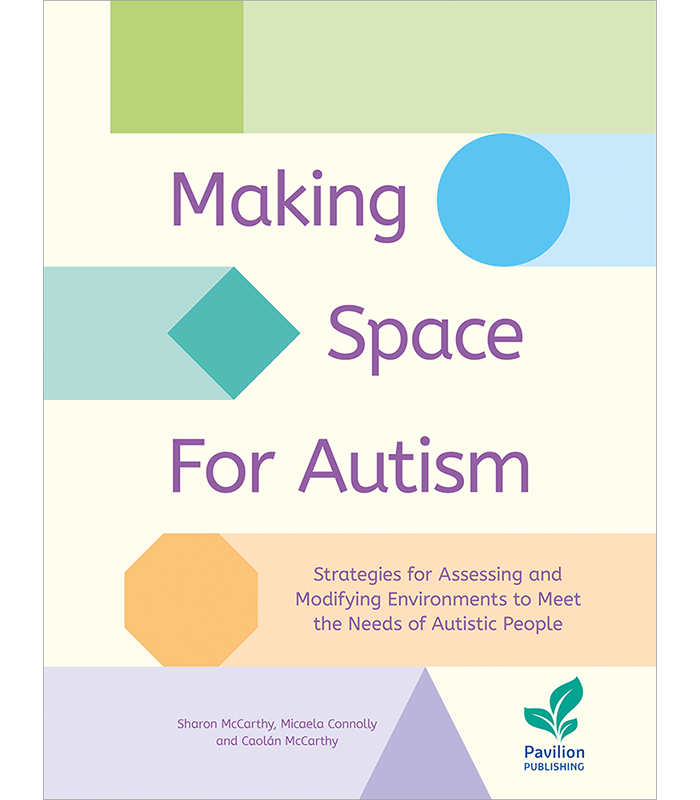
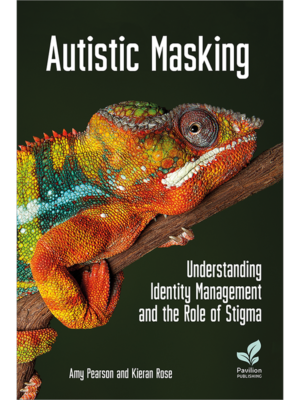
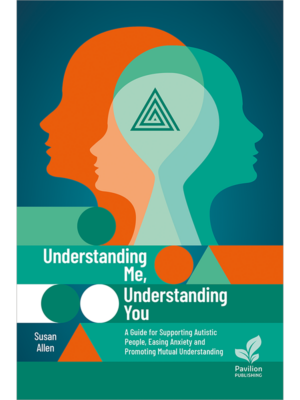
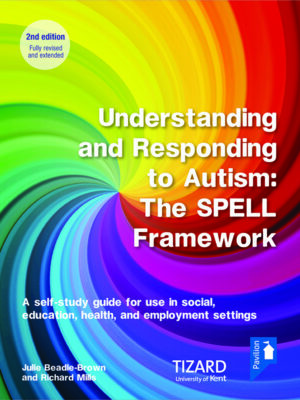
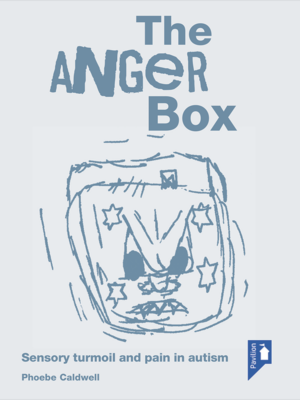
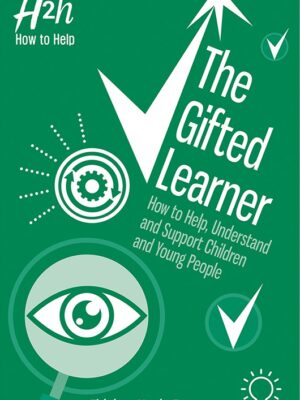
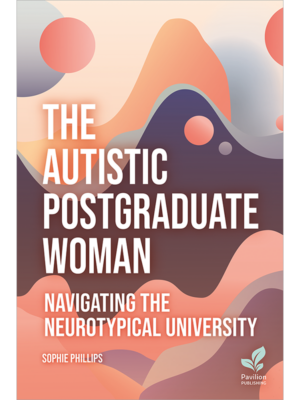
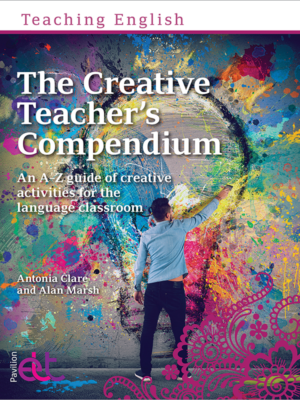
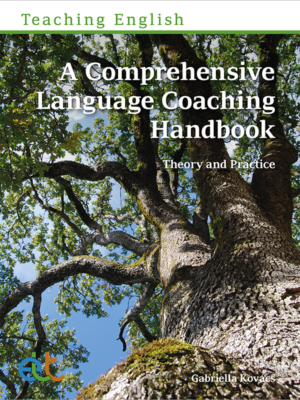
Abril –
A great book for all those who want to understand how to better support autistic people around them!
We got this book after receiving an autistic diagnosis in our family. We were scared about what would come, but this book helped us to know how to move forward with the right adaptations to make life easier and more manageable for everyone. Informed by autistic adults this is a book that goes to the point of explaining in easy concepts the importance of understanding better the autistic spectrum.
Kiervol –
The book I’ve been wanting, and needing
This is an absolutely excellent book. It comes from a neuro-affirmative position and centres autistic people as experts in their own needs. It covers so many different topics, but at its heart, is the manual I needed, provided by voices I really respect in the Autistic research community. My own life is improved from the learning provided in this book, as are my children’s. This is a must read, not only for professionals “treating” our autistic loved ones, but for parents, friends, partners, and lay people. Most importantly, my own autistic family and I have used the knowledge contained in this book to better understand ourselves and to open up conversations about both strengths and weaknesses. There is a lot of noise out there right now about autism, but this is a book that helps cut through the noise and gets to the very crux of the autistic experience. Thank you to the authors.
Peter Vermeulen, Autism in Context –
Autism friendliness starts with the realization that the environment plays a pivotal role in the extent to which autism leads to discomfort, limitations and stress. When the environment is made autism-friendly, then autism is not a limitation at all, but even an added value for the person and their environment. Autism is only a disability in an environment that fails to meet the needs of the autistic person. In this book, Sharon McCarthy, Micaela Connolly and Caolán McCarthy present a plethora of research-based and practical strategies to help people with autism feel comfortable in their environment. For anyone who wants to make space for autism, this book is nothing less than Aladdin’s cave. Full of treasures.